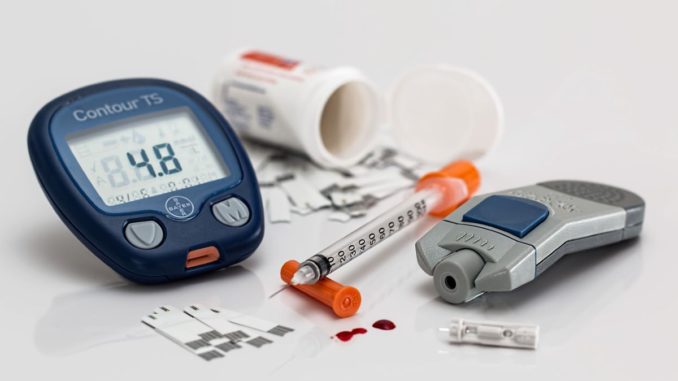
It’s essential to effectively control diabetes in order to uphold your general well-being and avoid potential complications. Whether you’re newly diagnosed or looking to refine your existing management plan, a comprehensive diabetes management course can provide valuable insights. Additionally, understanding the core principles from an injury management course can also be beneficial, as it helps address any physical concerns or complications that may arise. With the right strategies and resources, managing diabetes can be straightforward and effective. This guide delves into fundamental approaches and practical tips for gaining better control over diabetes.
Understanding Diabetes
Diabetes is a long-term health condition that impacts the body’s ability to process blood sugar (glucose). It encompasses various types such as Type 1, Type 2, and gestational diabetes. Type 1 diabetes is an autoimmune disorder where the body targets the insulin-producing cells in the pancreas. On the other hand, Type 2 diabetes, the most common form, is characterized by insulin resistance and impaired insulin production. Gestational diabetes occurs during pregnancy and typically resolves post-delivery, but it heightens the risk of developing Type 2 diabetes later in life. To effectively manage diabetes, it’s important to have a good grasp of these different types and their effects on the body. This understanding is crucial for making well-informed decisions about treatment and lifestyle adjustments.
Key Components of Diabetes Management
Education is the foundation of effective diabetes management. Learning about the condition, including its causes, symptoms, and potential complications, is crucial. Educational programs and resources provide valuable insights into how diabetes affects the body and how to manage it. This understanding helps individuals make informed decisions about their treatment and lifestyle modifications.
Monitoring blood sugar levels is essential for managing diabetes effectively. Regular use of glucose meters allows individuals to track their blood sugar levels and adjust their diet, exercise, or medication as needed. Continuous glucose monitors (CGMs) offer real-time data, providing immediate feedback on how lifestyle choices impact blood sugar and allowing for more precise control. Here are some factors:

Diet plays a significant role in managing diabetes. A balanced diet helps regulate blood sugar levels and prevent complications. Adopting healthy eating habits involves choosing foods that are lower in sugar and refined carbs. Being mindful of portion sizes and avoiding processed foods and sugary snacks are also important for effective management Balancing the diet with whole grains, lean proteins, fruits, and vegetables can help maintain steady blood sugar levels.
Physical activity is another critical component of diabetes management. Regular exercise helps maintain a healthy weight, improves insulin sensitivity, and supports overall well-being. Try to incorporate both aerobic activities, like walking or swimming, and strength training into your exercise routine. Participating in at least 150 minutes of physical activity per week can help improve blood sugar management.
For many individuals with diabetes, medication is an essential part of their management plan. Understanding how different medications work, their potential side effects, and the importance of adherence is crucial. Whether it’s insulin therapy, oral medications, or other treatments, following the prescribed regimen is key to maintaining control over blood sugar levels.
Utilizing Technology and Tools
Advancements in technology have introduced new tools that can assist in managing diabetes more effectively. Devices such as continuous glucose monitors (CGMs) provide real-time glucose readings, helping individuals make timely adjustments to their management plan. Insulin pumps deliver a steady amount of insulin throughout the day, offering greater flexibility and control over insulin delivery. Additionally, mobile apps for tracking diet, exercise, and blood sugar levels can help individuals stay organized and informed.
Stress Management
Managing stress is important for maintaining stable blood sugar levels. Stress can impact blood sugar control, so finding effective ways to manage stress is beneficial. Remember the following: Utilizing strategies like mindfulness, meditation, and deep-breathing techniques has been shown to reduce stress. Additionally, participating in activities that bring you joy, spending time with family and friends, and discovering relaxation practices that resonate with you can contribute to your overall well-being.
Seeking Support
Support from healthcare professionals, family, and support groups plays a crucial role in managing diabetes. Healthcare providers offer personalized advice, treatment adjustments, and address any concerns. Support groups provide emotional encouragement, practical tips, and a sense of community from others who understand the challenges of living with diabetes.
Effective diabetes management involves a combination of education, lifestyle changes, and the use of modern tools and resources. By understanding the condition, regularly monitoring blood sugar levels, making informed dietary and exercise choices, and utilizing available technology, individuals can take control of their diabetes and lead a healthier, more balanced life. Proactive management and ongoing support are essential for achieving long-term success and maintaining overall well-being.
